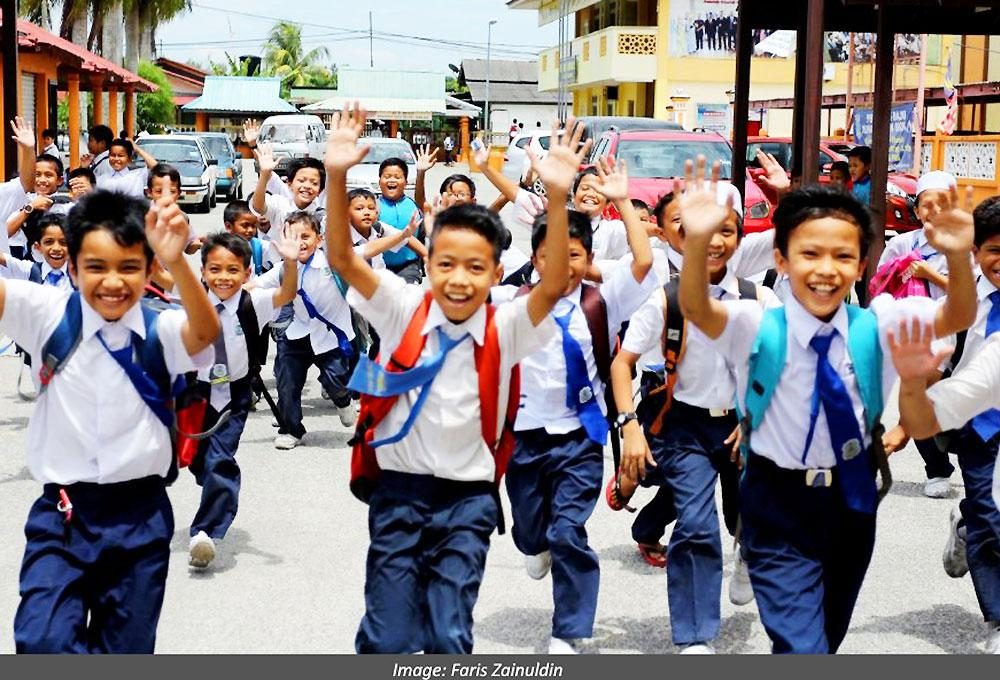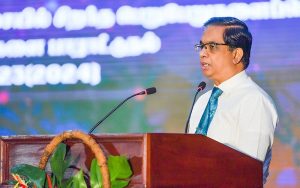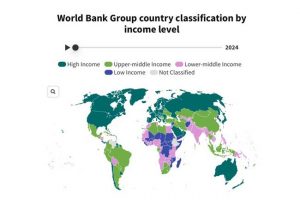Primary-grade children in Sri Lanka are poor in literacy and numeracy

“85% of grade 3 children in Sri Lanka are not achieving minimum proficiency in literacy and numeracy. The country ranks the lowest in South Asia in education spending,” said the United Nations International Children’s Emergency Fund (UNICEF).
The learning crisis has affected vulnerable children the most, including younger children in primary grades and those in plantation estates in the country, said UNICEF.
Citing a Ministry of Education-led national assessment, UNICEF said in a statement, that proficiency in literacy and numeracy is essential in grade 3 children’s transition to secondary school and beyond, both in life and work.
“Currently, Sri Lanka allocates less than 2% of its GDP on education, which falls well below the international benchmark of 4-6% of GDP and is among the lowest in the South Asia region,” the statement said.
UNICEF together with the Ministry of Education (MoE) has launched a national initiative to help 1.6 million primary school children impacted by prolonged school closures and sporadic disruptions to their education over the past three years, to catch up on their learning, the organization said.
“There is an urgent need to increase the national budget allocation for education, especially for primary grades, where we need to boost foundational learning for children, while also ensuring the implementation of vital Education Reforms so that we can build the solid human resource skills needed to support the country’s development,” said in the statement Education Minister Susil Premajayanthe.
Meanwhile, adding that the basics of literacy, numeracy, and social economic skills are the platform on which children build their own, their families, their communities, and their country’s future,” UNICEF Representative for Sri Lanka Christian Skoog said.
Meanwhile, adding that the basics of literacy, numeracy, and social economic skills are the platform on which children build themselves, their families, communities, and the country’s future, the UNICEF Representative for Sri Lanka Christian Skoog commended the Ministry for its commitment to undertake urgent efforts to reverse the widening disparities in learning achievement for children who are lagging further behind, including slow learners, and are missing out due to the continued hardship that the country faces.
UNICEF and the MoE had held a ‘Learning Recovery’ briefing to leverage the support of development partners, while more technical-level workshops were held across nine provinces, to identify gaps and priorities actions, the organization said.
As the country moves towards economic recovery, prices remain high on essential items including school books and stationery items, making it difficult for families facing financial hardships to cover education costs and support their children’s continuous learning, it added.
END.









